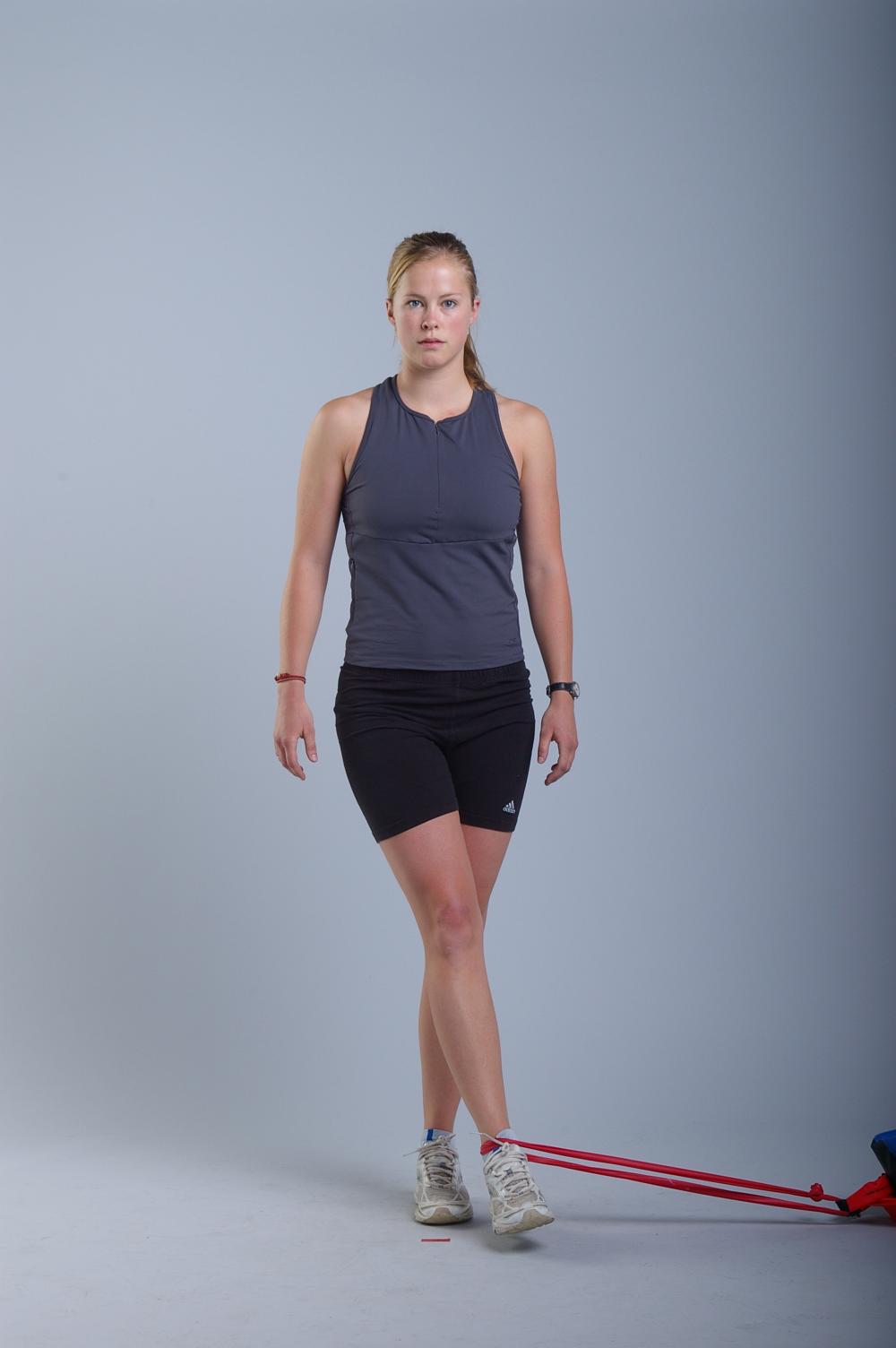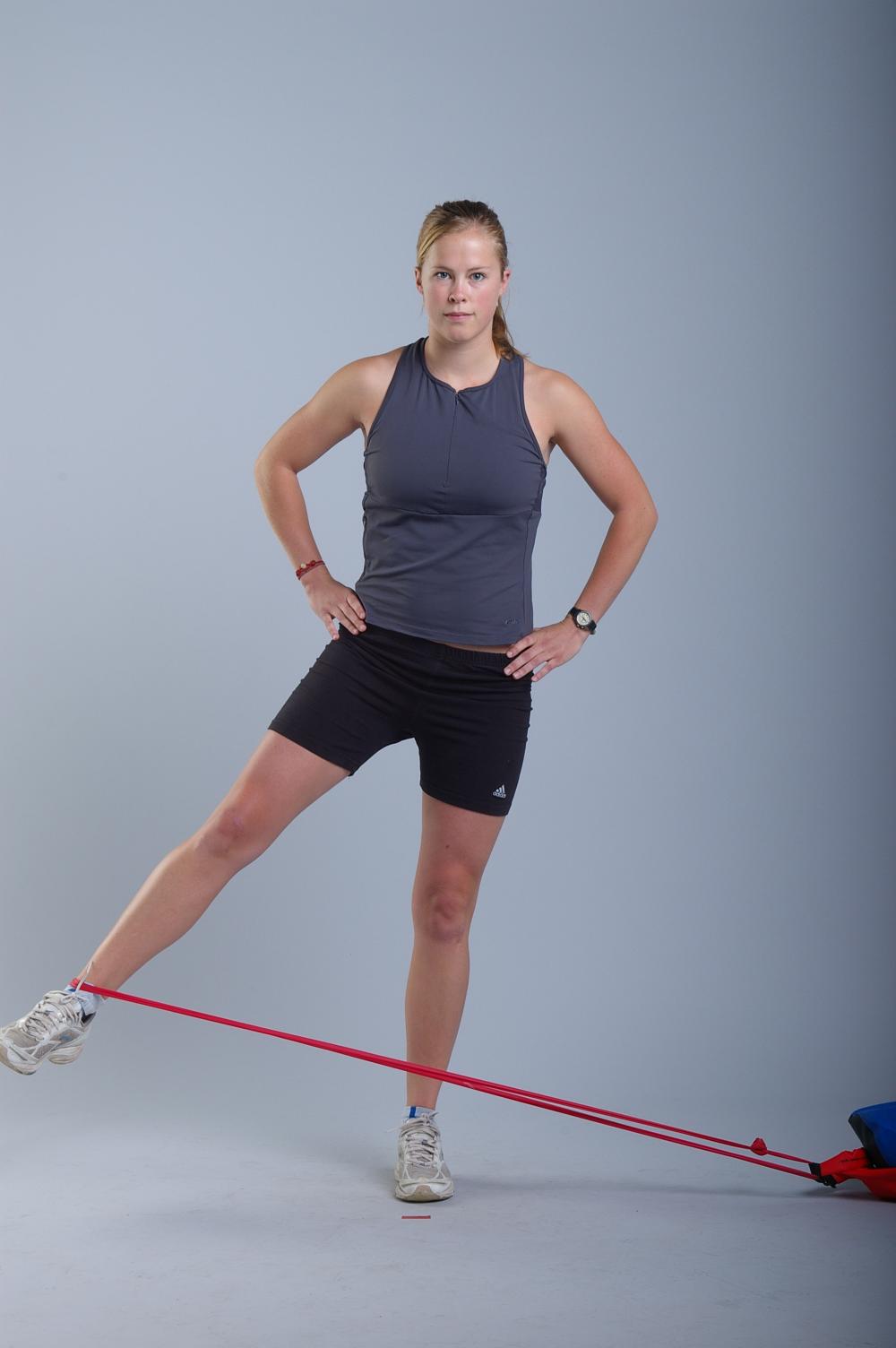As most runners know, aches and pains are a common part of training. A new study, however, suggests that the real culprit for overuse running injuries such as patellofemoral pain syndrome (so-called "runner's knee"), and Achilles tendonitis may have more to do with weakened hip muscles than the sheer number of miles an athlete runs.
Overuse injuries common in runners
Based on a review of almost 20 years' worth of medical literature, the study, published in the May/June issue of the journal Sports Health: A Multidisciplinary Approach, found that:
- up to 70 percent of runners sustain an overuse running injury each year
- more than 80 percent of those injuries occur below the knee.
- the two biggest causes of overuse injuries were foot pronation (how one steps) and weakness in the hip muscles that put increased stress on knees and feet while running.
Strengthening hip abductors reduces injury risk
One of the studies analyzed in the review suggested that after 4-6 weeks of strength training, 22 of 24 runners experienced significant decrease in pain and a 35-51 percent increase in hip abductor strength. "These results suggest that hip strengthening rehabilitation programs may be an effective way to lessen running overuse injuries," said lead author Reed Ferber, Assistant Professor and Director of the Running Injury Clinic at the University of Calgary.
Dr. Ferber recommends performing hip abductor strengthening exercises to prevent injury. Individuals should progress up to three sets of 10 repetitions gradually to avoid muscle soreness. One of the best exercises is illustrated below.


Photos courtesy of American Orthopaedic Society for Sports Medicine
Source: American Orthopaedic Society for Sports Medicine (AOSSM). Published bimonthly, Sports Health is a collaborative publication from the AOSSM, the American Medical Society for Sports Medicine (AMSSM), the National Athletic Trainers' Association (NATA), and the Sports Physical Therapy Section (SPTS). Other organizations participating in the publication include the American Academy of Pediatrics and the American Osteopathic Academy of Sports Medicine (AOASM). For more information on the publication or to submit a manuscript, click here.








